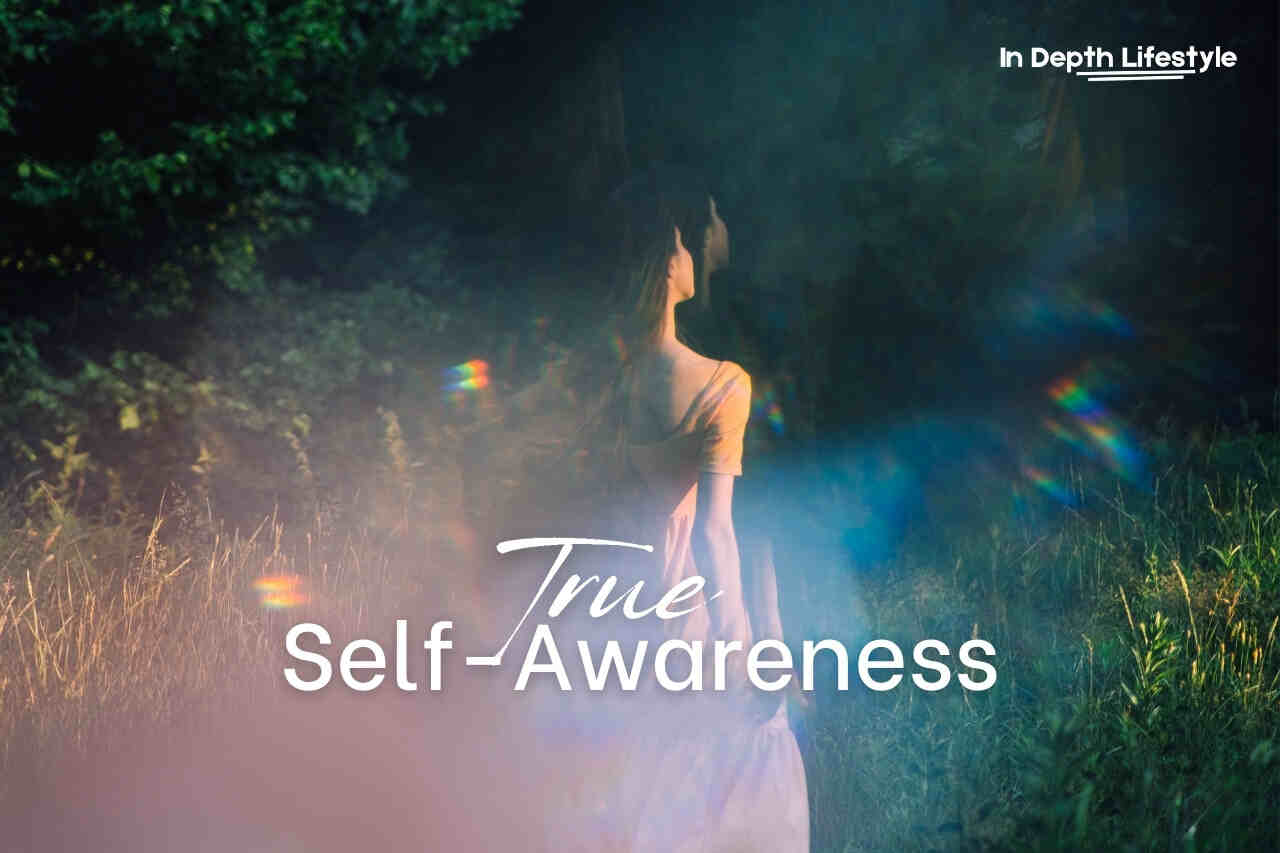Heyo Munchkins!
Have you ever stopped to think about how well you know yourself? Not in the superficial sense, but at the deepest level — your emotions, triggers, values, and the beliefs that shape your life? Self-awareness is often hailed as the cornerstone of personal growth, but why exactly is it so powerful? And how can we enhance it to unlock the best versions of ourselves?
In this blog, we’re going to explore how self-awareness is the key to evolving as a person, how you can cultivate it, and the life-changing benefits it offers. So, let’s dive in and unravel the transformative power of understanding yourself on a deeper level!
What Is Self-Awareness, and Why Is It Essential?
Self-awareness is simply the ability to recognize and understand your own emotions, thoughts, and behaviors. It’s not just about knowing what you like or dislike, but also understanding why you react a certain way in specific situations, and being able to assess whether your thoughts and actions align with your true self.
When you’re self-aware, you can start to make decisions that are more aligned with your core values and life goals. You’re no longer driven solely by external circumstances or unconscious impulses, but rather, you are able to choose your responses based on a solid understanding of who you are.
In essence, self-awareness serves as your compass in life, guiding you toward better decision-making, healthier relationships, and greater overall well-being. But how do you become more self-aware? Let’s explore some practical steps!
How to Cultivate Self-Awareness: Practices That Make a Difference
1. Journaling: A Window Into Your Mind
One of the easiest and most effective ways to enhance self-awareness is through journaling. Writing down your thoughts, emotions, and experiences allows you to observe patterns over time. It gives you the space to reflect on how you respond to challenges, what makes you happy, or when you tend to feel stuck.
Tip: Set aside 10-15 minutes each morning or evening to reflect in your journal. Focus on specific questions like, “What am I feeling today, and why?” or “How did I respond to that situation, and how would I want to respond differently next time?”
- What is the power of Journaling?
- Journal Prompts for Beginners: A Guide to Inner Work
- The Art of Starting Small: Journaling for Beginners Who Hate Writing
1. Mindfulness and Meditation: Quieting the Noise
Meditation and mindfulness practices train your mind to stay in the present moment and observe your thoughts without judgment. By regularly practicing mindfulness, you can become more aware of your inner dialogue, emotional triggers, and habitual responses.
Tip: Start with just five minutes of mindful breathing each day. Gradually increase your meditation time as you get more comfortable. Apps like Headspace or Calm offer guided sessions to help you get started.
3rd Feedback from Others: A Mirror for Self-Reflection
Sometimes, we’re too close to ourselves to gain true clarity. That’s where feedback comes in. Asking friends, family, or colleagues for constructive criticism can provide valuable insights into your strengths and blind spots.
Tip: Don’t just ask for feedback on your work performance. Inquire about your communication style, your emotional reactions, or your approach to conflict. Be open to hearing things that might be uncomfortable, as this will help you grow.
4. Personality and Strengths Assessments: Objective Insight
Tools like the Myers-Briggs Type Indicator (MBTI), the Enneagram, or the StrengthsFinder assessment can provide you with a detailed understanding of your personality traits, motivations, and areas of strength. While these assessments aren’t the be-all and end-all, they can serve as a helpful starting point for deeper self-reflection.
Tip: Take one of these assessments (many are available for free online) and spend time reflecting on the results. Ask yourself: Does this resonate with me? Where do I see myself in the results? What can I learn from these insights?
The Life-Changing Benefits of Self-Awareness
1. Improved Decision-Making
When you’re self-aware, you make choices that are in alignment with your true desires and values. Instead of being swayed by external influences or making impulsive decisions, you’re able to respond thoughtfully and purposefully, which leads to better long-term outcomes.
2. Stronger Relationships
Self-awareness helps you understand how your emotions and actions impact others. It enables you to communicate more effectively, empathize with others’ perspectives, and take responsibility for your behavior. As a result, you can cultivate healthier, more meaningful relationships.
3. Emotional Resilience
Knowing yourself means you can better manage your emotions. Self-aware individuals tend to be more resilient in the face of stress because they understand what triggers negative emotions and can implement strategies to stay calm and focused.
4. Increased Confidence
When you’re clear about who you are and what you stand for, you naturally exude confidence. This self-assurance is contagious, helping you navigate challenges with a strong sense of purpose and certainty.
Addressing Common Barriers to Self-Awareness
Despite its many benefits, developing self-awareness isn’t always easy. It requires vulnerability, honesty, and sometimes confronting uncomfortable truths about yourself. Here are a few barriers that might get in the way:
Fear of Facing Unpleasant Truths: It’s natural to avoid areas of our lives that we feel ashamed of or embarrassed about. But facing these truths head-on is essential for growth. Start small and work on accepting yourself fully, flaws and all.
- The Art of Slow Living: How to Embrace a Balanced Lifestyle in a Fast-Paced World
- Redefining Success: Lifestyle Strategies to Thrive in a Fast-Paced World
Lack of Time: Life can be chaotic, and carving out time for self-reflection can feel like a luxury. However, prioritizing self-awareness will ultimately lead to better decision-making and more peaceful living. Start with just a few minutes each day, and gradually build it into your routine.
External Distractions: In our digital age, we’re constantly bombarded with distractions that can make self-reflection difficult. Turn off notifications, step away from screens, and make space for uninterrupted moments of introspection.
Final Thoughts: Embrace Your Inner Journey
Self-awareness is a journey, not a destination. As you grow and evolve, your understanding of yourself will deepen. By consistently engaging in practices that enhance self-awareness, you’ll not only unlock the door to personal growth, but you’ll also gain a more profound sense of purpose and fulfillment in your life.
So, are you ready to step into a more self-aware version of yourself? Start small, stay committed, and watch how these little shifts create big transformations over time.
Until next time, keep evolving!




